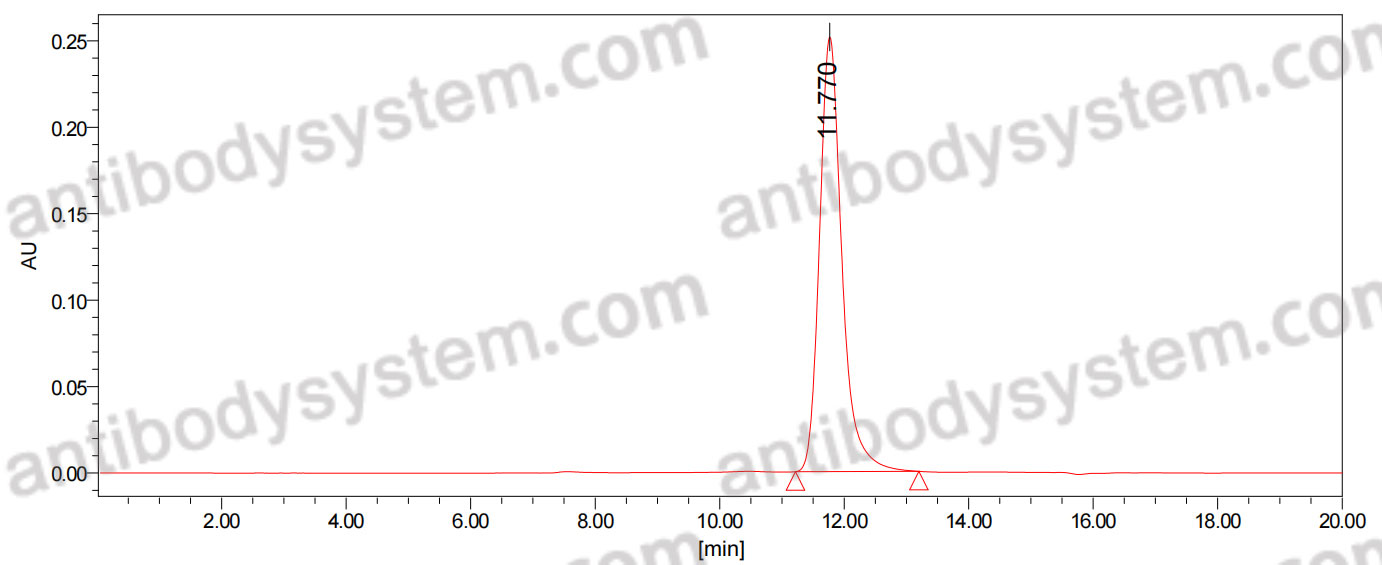Genome-Wide Analysis of Stable RNA Secondary Structures across Multiple Organisms Using Chemical Probing Data: Insights into Short Structural Motifs and RNA-Targeting Therapeutics., PMID:40131856
Identification of B-cell epitopes of Indian Zika virus strains using immunoinformatics., PMID:40083545
An engineered Japanese encephalitis virus mRNA-lipid nanoparticle immunization induces protective immunity in mice., PMID:39588106
Genome-Wide Identification of Stable RNA Secondary Structures Across Multiple Organisms Using Chemical Probing Data: Insights into Short Structural Motifs and RNA-Targeting Therapeutics., PMID:39416040
The ApoA1-mimetic peptide 4F blocks flavivirus NS1-triggered endothelial dysfunction and protects against lethal dengue virus challenge., PMID:39260777
Lipid droplets in Zika neuroinfection: Potential targets for intervention?, PMID:37820117
Development of Zika Virus Mini-Replicon Based Single-Round Infectious Particles as Gene Delivery Vehicles., PMID:37632104
Neutralizing antibodies targeting a novel epitope on envelope protein exhibited broad protection against flavivirus without risk of disease enhancement., PMID:37316861
In Vitro and In Vivo Models for Drug Transport Across the Blood-Testis Barrier., PMID:37258305
The Anti-Dengue Virus Peptide DV2 Inhibits Zika Virus Both In Vitro and In Vivo., PMID:37112820
Plant-Produced Anti-Zika Virus Monoclonal Antibody Glycovariant Exhibits Abrogated Antibody-Dependent Enhancement of Infection., PMID:37112665
Diagnostic and vaccine potential of Zika virus envelope protein (E) derivates produced in bacterial and insect cells., PMID:37006270
Secondary metabolites as potential drug candidates against Zika virus, an emerging looming human threat: Current landscape, molecular mechanism and challenges ahead., PMID:36958171
Metabolic reprogramming and lipid droplets are involved in Zika virus replication in neural cells., PMID:36882750
Identification of desoxyrhapontigenin as a novel antiviral agent against congenital Zika virus infection., PMID:36646387
Small-Molecule Inhibitor of Flaviviral NS3-NS5 Interaction with Broad-Spectrum Activity and Efficacy In Vivo., PMID:36622141
Pathogenicity and Structural Basis of Zika Variants with Glycan Loop Deletions in the Envelope Protein., PMID:36377874
Antiviral activity and mechanism of the antifungal drug, anidulafungin, suggesting its potential to promote treatment of viral diseases., PMID:36266654
Replication-Deficient Zika Vector-Based Vaccine Provides Maternal and Fetal Protection in Mouse Model., PMID:36169338
Zika virus causes placental pyroptosis and associated adverse fetal outcomes by activating GSDME., PMID:35972780
Efficient Gene Transfer to Kidney Using a Lentiviral Vector Pseudotyped with Zika Virus Envelope Glycoprotein., PMID:35904396
Reporter Flaviviruses as Tools to Demonstrate Homologous and Heterologous Superinfection Exclusion., PMID:35891480
Sulfated β-glucan from Agaricus subrufescens inhibits flavivirus infection and nonstructural protein 1-mediated pathogenesis., PMID:35533778
A single nonsynonymous mutation on ZIKV E protein-coding sequences leads to markedly increased neurovirulence in vivo., PMID:35234632
Resurfaced ZIKV EDIII nanoparticle immunogens elicit neutralizing and protective responses in vivo., PMID:35231399
Structurally Conserved Domains between Flavivirus and Alphavirus Fusion Glycoproteins Contribute to Replication and Infectious-Virion Production., PMID:34757841
Yellow fever vaccine protects mice against Zika virus infection., PMID:34735450
Robust Plasma Cell Response to Skin-Inoculated Dengue Virus in Mice., PMID:33997054
Single dose of a replication-defective vaccinia virus expressing Zika virus-like particles is protective in mice., PMID:33753816
Multivalent DNA Vaccines as A Strategy to Combat Multiple Concurrent Epidemics: Mosquito-Borne and Hemorrhagic Fever Viruses., PMID:33673603
Enhancement of Zika virus infection by antibodies from West Nile virus seropositive individuals with no history of clinical infection., PMID:33421988
Antibodies targeting epitopes on the cell-surface form of NS1 protect against Zika virus infection during pregnancy., PMID:33077712
Potential for Virus Endogenization in Humans through Testicular Germ Cell Infection: the Case of HIV., PMID:32999017
Avian anti-NS1 IgY antibodies neutralize dengue virus infection and protect against lethal dengue virus challenge., PMID:32979401
NS1-based DNA vaccination confers mouse protective immunity against ZIKV challenge., PMID:32882433
Enhanced effect of modified Zika virus E antigen on the immunogenicity of DNA vaccine., PMID:32818729
Integrated pipeline for the accelerated discovery of antiviral antibody therapeutics., PMID:32747832
Envelope protein ubiquitination drives entry and pathogenesis of Zika virus., PMID:32641828
Zika virus induces oxidative stress and decreases antioxidant enzyme activities in vitro and in vivo., PMID:32622852
Protein- and Peptide-Based Virus Inactivators: Inactivating Viruses Before Their Entry Into Cells., PMID:32523582
Antiviral Activity of Compound L3 against Dengue and Zika Viruses In Vitro and In Vivo., PMID:32517029
Reverse engineering synthetic antiviral amyloids., PMID:32504029
Lipid Nanoparticle Formulation Increases Efficiency of DNA-Vectored Vaccines/Immunoprophylaxis in Animals Including Transchromosomic Bovines., PMID:32472093
Zika virus envelope nanoparticle antibodies protect mice without risk of disease enhancement., PMID:32305868
Anti-inflammatory Compound Shows Therapeutic Safety and Efficacy against Flavivirus Infection., PMID:31636070
Dengue and Zika Virus Domain III-Flagellin Fusion and Glycan-Masking E Antigen for Prime-Boost Immunization., PMID:31367259
Zika virus differentially infects human neural progenitor cells according to their state of differentiation and dysregulates neurogenesis through the Notch pathway., PMID:31282298
Zika Virus Infects Trabecular Meshwork and Causes Trabeculitis and Glaucomatous Pathology in Mouse Eyes., PMID:31068433
In Vivo Delivery of a DNA-Encoded Monoclonal Antibody Protects Non-human Primates against Zika Virus., PMID:30962164
Infectivity of Zika virus on primary cells support tree shrew as animal model., PMID:30866776


